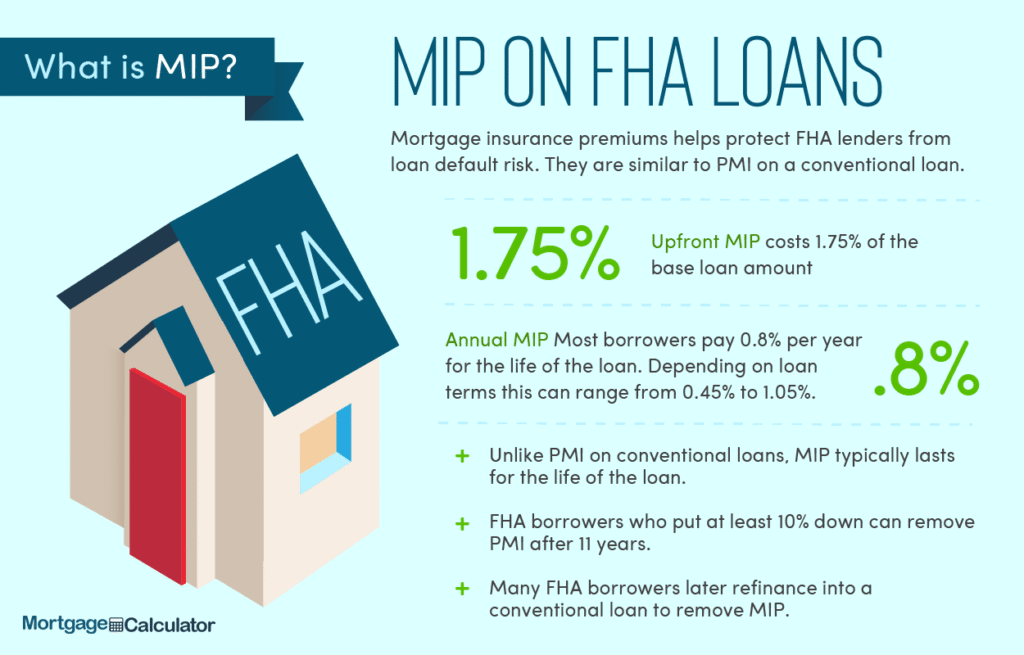When it comes to investing, the fees associated with your portfolio can often feel like a mystery wrapped in an enigma. Uncovering and understanding these hidden fees is crucial for making informed investment decisions and ensuring your investments are working as hard as you are towards achieving your financial goals. Let’s pull back the curtain and explore the labyrinth of investment fees.
The Importance of Transparency
Transparency in investment fees is not just about avoiding unpleasant surprises on your statement. It’s about trust, fairness, and ensuring that you, the investor, are in the driver’s seat when it comes to your financial future.

Common Types of Investment Fees
From management fees to transaction costs, the variety and complexity of fees can be overwhelming. Here’s a breakdown of the most common types you might encounter in your investment portfolio.
Management Fees
These are fees paid to your portfolio manager or advisor for their expertise in selecting and managing investments. They are typically a percentage of the assets under management (AUM).
Expense Ratios
This fee is associated with mutual funds or exchange-traded funds (ETFs) and covers the fund’s operational expenses. It’s expressed as a percentage of the fund’s average net assets.
Transaction Costs
Each time you buy or sell a security, there may be a transaction cost. These can vary widely depending on the type of transaction and the platform used.
Performance Fees
Some funds or accounts charge fees based on the performance of the investments, offering an incentive to the fund manager for superior performance.
Custodial Fees
These fees are charged by the institution holding your investments for safekeeping. They may be flat annual fees or a percentage of your investment.
Load Fees
Load fees are sales charges or commissions associated with mutual funds. They can be charged upfront (front-end loads) or when you sell the fund (back-end loads).
12b-1 Fees
These fees are included in the expense ratio of mutual funds and are used for marketing and distribution costs.
Account Maintenance Fees
Some brokerage accounts charge a regular maintenance fee to cover the costs of keeping your account open.
Redemption Fees
If you sell shares of a mutual fund or ETF shortly after purchasing them, you may be hit with a redemption fee.
The Impact of Fees on Returns
It’s crucial to understand how these fees can eat into your investment returns over time.  A seemingly small fee can have a significant impact due to the effect of compounding.
A seemingly small fee can have a significant impact due to the effect of compounding.
How to Uncover Hidden Fees
The first step is to carefully review your investment statements and the prospectus of any mutual funds or ETFs. Don’t hesitate to ask your advisor for a breakdown of all fees.
Questions to Ask Your Advisor
Here are some critical questions to arm yourself with when discussing fees with your advisor.
Negotiating Fees
Believe it or not, some fees are negotiable. Knowledge is power, and being informed can give you the leverage to negotiate lower fees.
Digital Tools for Tracking Fees
Thankfully, numerous digital tools and apps can help you monitor and manage the fees in your investment portfolio.
Building a Low-Fee Investment Strategy
Crafting a strategy that minimizes fees without sacrificing performance is key to maximizing your investment returns.
Conclusion
Being vigilant about the fees in your investment portfolio is as important as selecting the right investments. With a proactive approach and the right questions, you can uncover the hidden fees that may be chipping away at your returns. Empower yourself with the knowledge to make informed decisions and keep more of your hard-earned money working for you.
Frequently Asked Questions
What is an expense ratio? An expense ratio is an annual fee expressed as a percentage of a fund’s average net assets, covering the operational costs of the fund.
Are investment fees tax-deductible? Some investment fees, particularly those related to tax advice or investment management, may be tax-deductible. However, it’s important to consult with a tax professional.
How can I reduce my investment fees? Shopping around for lower-fee options, negotiating fees with your advisor, and opting for passive investments like index funds can help reduce the fees you pay.
What’s the impact of fees on compounding? Even small fees can significantly impact your investment returns over time due to the power of compounding. Reducing fees where possible can lead to a substantial increase in your portfolio’s value.
Can I avoid paying transaction costs? While it’s challenging to completely avoid transaction costs, being mindful of how often you buy and sell investments can help minimize these fees.


